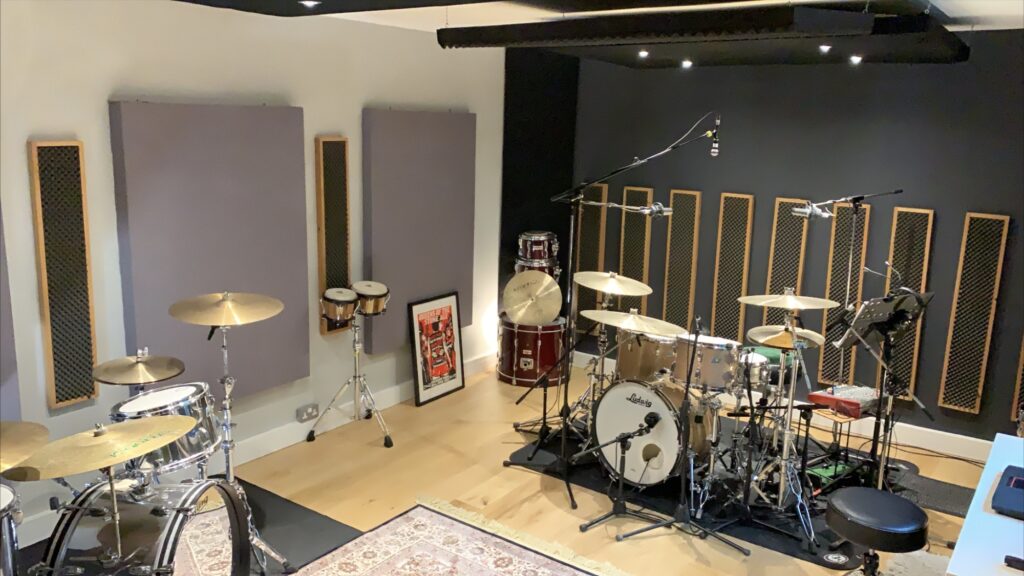Aged care facilities are places where peace, comfort, and privacy are essential for the well-being of elderly residents. One key factor that often goes overlooked in these environments is noise control. Soundproofing plays a crucial role in creating a serene atmosphere, reducing external disturbances, and promoting better rest and mental health for seniors. This article explores how soundproofing aged care facilities can benefit both residents and staff, improving overall quality of life.
Why Soundproofing Is Important in Aged Care Facilities
Aged care facilities often experience a wide range of noise disturbances, from loud foot traffic and equipment noise to nearby construction or city sounds. For elderly residents, particularly those with hearing impairments or cognitive conditions, these sounds can be overwhelming. Proper soundproofing helps reduce these disturbances, creating a more tranquil environment that enhances relaxation, safety, and privacy.
Common Noise Sources in Aged Care Facilities
Aged care homes face multiple sources of noise, both inside and outside the building. Understanding these sources can help in planning effective soundproofing solutions:

- Foot traffic and conversations: Hallways and common areas can be loud due to frequent movement and discussions among residents and staff.
- Medical equipment: Machinery like hospital beds, oxygen concentrators, or elevators create ongoing noise.
- Outdoor noise: Traffic, construction, and other urban sounds can penetrate windows and walls, disturbing residents’ rest.
Key Soundproofing Areas in Aged Care Facilities
When soundproofing an aged care facility, certain areas should be prioritized to create a more peaceful environment:
- Resident Rooms: Ensuring that individual rooms are soundproofed guarantees that residents can rest and sleep without disturbances from hallways or neighboring rooms.
- Common Areas: Lounges and dining rooms should have soundproofing to minimize noise that could disrupt adjacent spaces.
- Medical and Treatment Rooms: Soundproofing these areas ensures privacy and reduces noise from medical equipment or treatments.
Soundproofing Solutions for Aged Care Facilities
1. Acoustic Wall Panels
Installing acoustic wall panels in common areas and corridors can absorb sound and reduce echoes. These panels are available in a variety of colors and styles, making them easy to integrate into the décor of the facility.
2. Soundproof Windows
Soundproof windows can block outdoor noise, such as traffic or nearby construction, helping to create a quieter indoor environment. This is especially important for facilities located in busy urban areas.
3. Soundproof Doors
Adding acoustic doors to resident rooms and treatment areas helps maintain privacy and reduces noise transmission between rooms. These doors are designed to seal tightly, blocking sound leakage.
4. Carpet and Soft Flooring
Carpeting and other soft floor coverings can reduce noise from foot traffic. This is particularly useful in hallways and living areas, where constant movement can create disruptive noise.
See Also: Carpet Padding for Soundproofing: How Effective Is It?
5. Ceiling Soundproofing
Installing acoustic ceiling tiles can reduce overhead noise from other floors and control sound reverberation in large spaces like dining rooms and activity areas.
Benefits of Soundproofing in Aged Care Facilities
1. Improved Resident Comfort
Soundproofing enhances the overall comfort of residents by providing them with quiet, private spaces where they can relax, sleep, and enjoy their surroundings without constant noise disturbances.
2. Enhanced Privacy
For residents and their families, privacy is critical. Soundproofing rooms and treatment areas ensures conversations and personal activities remain confidential, adding to the dignity and respect afforded to elderly residents.
3. Better Health Outcomes
Noise pollution has been linked to increased stress, anxiety, and sleep disorders. By minimizing unwanted noise, soundproofing helps create a healthier environment that supports better mental and physical well-being for residents.
4. Staff Productivity and Focus
A quieter facility not only benefits residents but also the staff. By reducing noise, staff can concentrate better, communicate more effectively, and complete tasks with fewer distractions, improving overall productivity and care quality.
Call us: Contact Waseem Technical Soundproofing Expert in Dubai For Soundproofing: +971 50 209 7517
Conclusion
Soundproofing aged care facilities is an investment in the comfort, privacy, and health of elderly residents. By addressing noise control in key areas like resident rooms, common spaces, and treatment areas, facility managers can create a serene environment where seniors can enjoy peace, rest, and a better quality of life. Implementing soundproofing measures not only enhances the resident experience but also benefits staff by reducing distractions and promoting a more focused, tranquil workplace.




